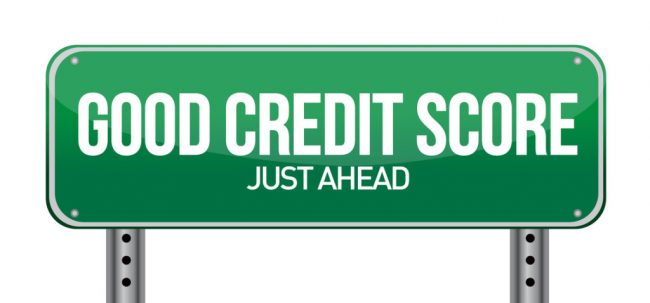Avoid these mistakes and keep your credit score high
September 8, 2016 | Posted by Blair Warner | No Comments
Building a great credit score takes time, but, unfortunately you can destroy your score in what seems like overnight. One simple mistake can cost you up to 90 points. According to FICO, if your credit score drops from 770 to 675, the interest rate you could expect to pay on a mortgage would cost you an extra $24,722 on a 30-year $200,000 mortgage, due to an interest rate increase from of only a 1/2 point (0.50%).
Here are three of the biggest mistakes to avoid if you want to keep your score high— and your interest rates down:
1. Most importantly, make sure you pay every bill on time each month. Missing only one payment can cost you dearly. Missing a payment is defined as being 30-days late, or, said another way, missing a payment and not making it until the next month when you make two at once, called “catching up”. If you have excellent credit and become 30 days or more late on one account, you can expect to lose 90 or more points. For some people, the easiest way to avoid a mistake is to set up auto-pay with all of your creditors.
Most people are not surprised that a late payment can hurt their credit score, but they are often shocked by how many points you can lose for a single late payment.
![]() Tweet this: If you become 30 days or more late on ONE account, you can expect to lose up to 90 pts on your credit score.
Tweet this: If you become 30 days or more late on ONE account, you can expect to lose up to 90 pts on your credit score.
2. Second, watch those medical bills closely. Unpaid medical bills are often quickly referred to collection agency and become a collection item on your credit report. Although many of these bills end up with agencies because of confusion during the billing process, the collection item reported to the credit bureau looks like a default. Take control, and aggressively follow up with your medical providers and insurance company. It is a good practice that if you think you owe the doctor or hospital money, do not wait for them to initiate calling you.
A collection item like this can take 70 points or more from your score. The balance does not have to be big. Even if the balance is relatively small it has essentially the same effect as a large balance.
![]() Tweet this: Unpaid medical bills are often quickly referred to a collection agency and become a collection item on your credit report.
Tweet this: Unpaid medical bills are often quickly referred to a collection agency and become a collection item on your credit report.
3. Third, pay close attention to your utilization ratio. You may not be familiar with this technical term used throughout the lending and credit industries. To calculate utilization, divide the statement balance on your credit cards by your total available credit. For example, if you have a $1,000 balance on a $10,000 credit card, your utilization is 10%. People with the highest credit scores have a utilization across all of their accounts below 10%. It is recommended to be below 30% utilization ratio at minimum. Higher than that you begin to reap the biggest damage to your credit score. Have you heard of “maxing out your credit cards”? That is basically 100% utilization ratio. If you have only one credit card and use the full limit every month, your 100% utilization ratio could be costing you 90 points.
Pay down your balances and keep old credit cards open to ensure your utilization stays low. It is worth repeating: Keep your revolving (credit card, etc.) utilization ratio lower than 30%, and preferably 10%.
![]() Tweet this: Pay close attention to your utilization ratio on your credit report. Go here to learn how to avoid a high ratio.
Tweet this: Pay close attention to your utilization ratio on your credit report. Go here to learn how to avoid a high ratio.
Hope this has helped. Here are some more articles you might be interested in:
By Blair Warner, Sr. Credit Consultant, Chief Editor
Category : credit, Credit Building, credit repair, credit reports, FICO Score









